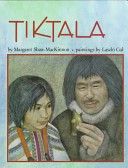
When the spirit guide changes her into a seal, Tiktala learns the ways of seals and how harmful humans can be.

When the spirit guide changes her into a seal, Tiktala learns the ways of seals and how harmful humans can be.
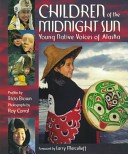
For Native children, growing up in Alaska today means dwelling in a place where traditional practices sometimes mix oddly with modern conveniences. “Children of the Midnight Sun” explores the lives of eight Alaskan Native children, each representing a unique and ancient culture. This extraordinary book also looks at the critical role elders play in teaching the young Native traditions. 40 color photos.

An introduction to the many forms of the inuksuk structure The image of a traditional Inuit stone structure, or inuksuk, silouetted against an arctic sky, has become a familiar symbol. Yet, for many, their purpose remains a mystery. In a stunning new book, artist and children’s author Mary Wallace, in consultation with Inuit elders and other noted experts, gives a fascinating introduction in words, pictures, and paintings to the many forms of the inuksuk structure and its unique place in Inuit life and culture.
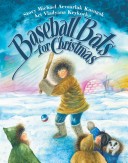
Never having seen trees, the children in Repulse Bay decide that the funny things sent them one year must actually be baseball bats. An autobiographical tale from Michael Kusugak’s childhood tells a story of life in the arctic, and easily different cultures can interpret things differently.
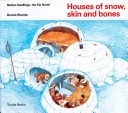
Describes the construction materials and methods used by the Inuit to build different types of shelters suitable to their environment.

Describes how the Inuit built their igloos, kayaks and sledges; made their clothing and prepared their food; played games and carved objects from soapstone; and how they hunted and fished.
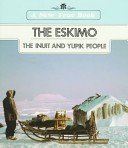
Beginning readers are introduced to the land and peoples of the far north.

Weaving history, art and literature, these stories follow a young Inupiat Eskimo boy through a year of his life at the turn of the last century.
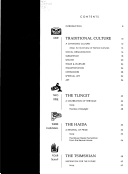
A book about the Tlingit, Haida, and Tsimshian’s native cultures.

A retelling of a traditional Eskimo tale of how a seven-year-old blind boy is saved from death by the kindly little mouse people.